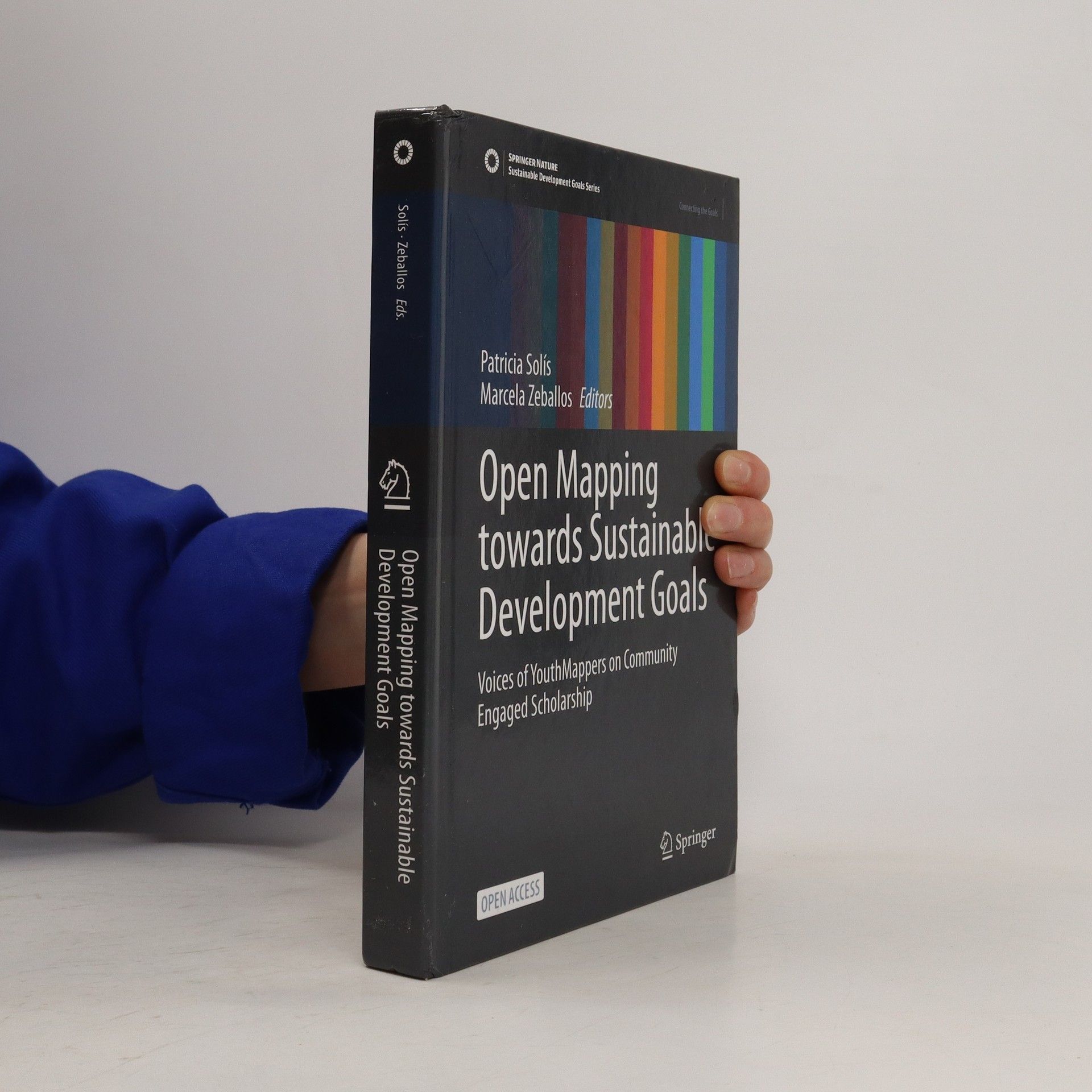Open Mapping towards Sustainable Development Goals
Voices of YouthMappers on Community Engaged Scholarship
- 405 pages
- 15 hours of reading
This collection highlights the experiences of young people globally who are tackling SDGs through geospatial technologies and international collaboration. Contributors, emerging leaders in the YouthMappers movement, share their insights in an accessible format. YouthMappers, university students engaged in open mapping for development and humanitarian efforts, utilize digital innovations to respond to sustainability challenges. The book captures the voices of students and recent graduates who are redefining global mapping, using OpenStreetMap as a collaborative data-sharing tool. Authors reflect on their personal growth, technological skills, and the potential of a connected generation to contribute to the SDGs. This timely volume coincides with a crucial moment in the YouthMappers movement and the geopolitical landscape, emphasizing the need for youth perspectives. Unlike most sustainability literature, which is often authored by established scholars, this book elevates the diverse voices of students from various countries. Topics covered include water, agriculture, food, waste, education, gender, climate action, and disasters, all viewed through the lens of data, mapping, and humanitarian efforts across borders. The chapters align with the United Nations 17 Sustainable Development Goals, linking youth initiatives to a broader global agenda. A preface by Carrie Stokes, Chief Geographer at USAID, introduces this open-access w
